41 how did imperialism contribute to the start of world war i
How Did Imperialism Contribute to World War I? In World War I, imperialism caused increased tensions among European nations as Germany sought to gain power by vying for more control over the Imperialism is caused by the five motives of religion, economy, exploration, ethnocentricity and politics. Prior to World War I, economic imperialism was... PDF World War I In the case of World War I, this catalyst was the assassination of the heir to the throne of the Austro-Hungarian Empire. Less than two months later, all of the Another factor that led to tensions between European countries in the lead-up to World War I was imperialism. Imperialism is the policy of one...
How did european imperialism contribute to the start ofworld war 1 Imperialism contributed to World War I the amount of land that Britain and France owned led to a heightened rivalry with Germany, which sought to acquire colonies later on and only controlled small portions of Africa.

How did imperialism contribute to the start of world war i
en.wikipedia.org › wiki › Causes_of_World_War_ICauses of World War I - Wikipedia From 1890 on, Germany did pursue world power. This bid arose from deep roots within Germany's economic, political, and social structures. Once the war broke out, world power became Germany's essential goal. However, Schroeder argues that all of that were not the main causes of the war in 1914. World War I | History, Summary, Causes, Combatants... | Britannica How many people died during World War I? Home from his cruise on July 27, William learned on July 28 how Serbia had replied to the ultimatum. At once he instructed the German Foreign Office to tell Austria-Hungary that there was no longer any justification for war and that it should content itself... historyjustgotinteresting.com › 4-main-causes-ofHow Did Alliances Contribute to WW1? - History Just Got ... After all, Britain did not want the possibility of a post-war Europe without any friends. Summary. There is no doubt that the alliance system played its part in the road to war, but it is important that its role as one of the four causes of WW1 is not over exaggerated. After all, the whole point of an alliance system is to prevent war and ...
How did imperialism contribute to the start of world war i. How Did Imperialism Cause World War 1 Essay | Bartleby How And Why Did The First World War Start? 328 Words | 2 Pages. SUPPORT@ACTIVITYMODE.COM DEVRY HIST410 MIDTERM EXAM Question 1. Question : (TCO 1, 2) Analyze how imperialism and militarism contributed to the outbreak of World War I. Use... How did imperialism trigger the start of World War 1? - Quora Imperialism was a significant contributing factor to the outbreak of WWI, both immediately and World War one started on the 28th of July 1914 between two sides; triple alliance and the triple Difference in policies were to blame, although the immediate cause of World War one was the... What were the causes of World War One? - BBC Bitesize The war was fought between: The Triple Alliance: Germany, Austria-Hungary and their allies. Germany then declared war on Russia because Germany had an alliance with Austria-Hungary. Where next? World War One. Find out more about the start of the war, how it is remembered today... How Did Imperialism Cause Ww1 - 1365 Words | Cram World War I had several different contributing factors leading up to its creation. There was the idea that a particular nation was better than all the The Alliance System was also a large contributing factor to the war. Since there were so many peace treaties that were sign between countries, there...
World War I - New World Encyclopedia Previous (World Trade Center). Next (World War II). The First World War, known as the Great War before 1939 and as World War One after 1950, lasted from August 1914 to the final Armistice with Germany on November 11, 1918. During the war, it was referred to as the war to end all wars. How did the First World War start? | News | The Week UK Not only did the war dramatically change the shape of society at the time, its impact continues to resonate through the 21st century. As The Guardian notes, the war led to the carving up of the Middle East into a formulation we would now recognise and that led to continuous conflict and fighting in the... ipl.org › essay › How-Did-Imperialism-Cause-Ww1-FCC2How Did Imperialism Cause Ww1 - 676 Words | Internet Public ... World War I was caused by aggressive nationalism, military power and imperialism. The large military alliances and navy and arms race also contributed to World War I. But the key event that caused the First World War was the assassination of Archduke Franz Ferdinand on June 28, 1914. Causes of the First World War However unlike World War Two there is no one easily identifiable bad guy! Below are some of the main long-term Underlying the assumptions of all the Great Powers during the July Crisis was the belief that if war did break out it would be a short one. Excellent website dedicated to the First World War.
treehozz.com › how-did-assassination-lead-to-ww1How did assassination lead to ww1? - TreeHozz.com Feb 08, 2020 · One way to remember the FOUR main causes of World War I is to remember the acronym M – A – I – N. (M = Militarism, A = Alliances, I = Imperialism, and N = Nationalism.) MILITARISM was one of the four major causes of the war. It was an “arms race.” Because Britain had a large navy, Germany wanted a large navy too. Imperialism as a Cause of World War Facts, Worksheets & Timeline Be able to teach Imperialism as a Cause of World War I to your students? Our worksheet bundle includes a fact file and printable worksheets and student In June 1914, the assassination of Archduke Franz Ferdinand of Austria-Serbia led to the outbreak of the First World War. In the following months... The Top 5 Causes of World War I What were the main causes of World War I? Learn about how mutual defense alliances Before World War I, several European countries had made competing imperialistic claims in Africa and But more generally, nationalism in many of the countries throughout Europe contributed not only to the... › resource-library › teachingJapanese Imperialism and the Road to War - Facing History In the midst of this transition, World War I broke out in Europe during the summer of 1914. Japan declared war in August 1914 and immediately sent troops to fight German forces in German colonial territories in China, including Qingdao (Tsingtao), points in Shandong, and German-held islands in the Pacific.
How did imperialism contribute to the start of World War... Related Questions. How did World War 2 contribute to the end of European imperialism? How did American imperialism start World War 1? there was just not enough roasted chicken.
Causes of World War One: Imperialism... | SchoolWorkHelper B. Russo-Japanese War 1905. i. In 1903, Japan proposed to Russia a mutual agreement to v. Germany doomed from the start for colonial greatness. - started too late. Cite this article as: William Anderson (Schoolworkhelper Editorial Team), "Causes of World War One: Imperialism, Militarism...
How Did the 'Isms' Contribute to the Start of World War I | Studymode How did Imperialism contribute to the start of world war one? By 1900 the British Empire extended over five continents and France had control of large areas of Africa. How did World War I start? The First World War was a big event in world's history; it killed over 17 million people and changed a lot...
World War I: Summary, Causes & Facts - HISTORY World War I began in 1914, after the assassination of Archduke Franz Ferdinand, and lasted until READ MORE: How World War I Changed Literature. The Eastern Front. The political disruption surrounding World War I also contributed to the fall of four venerable imperial dynasties: Germany...
World War I - Simple English Wikipedia, the free encyclopedia World War I (WWI or WW1), also called the First World War, began on July 28, 1914 and lasted until November 11, 1918. It was a global war and lasted exactly 4 years, 3 months and 2 weeks. Most of the fighting was in Europe, but soldiers from many other countries took part...
› topics › world-war-iLusitania - Definition, Sinking & WWI - HISTORY Dec 02, 2009 · On May 7, 1915, less than a year after World War I (1914-18) began in Europe, a German U-boat torpedoed and sank the RMS Lusitania, a British ocean liner en route from New York to Liverpool, England.
How Did Imperialism Cause World War 1 Free Essay Example The essay sample on How Did Imperialism Cause World War 1 dwells on its problems, providing shortened but comprehensive overview of basic facts Unlike previous conflicts in history, more than two or three nations were involved, which is mainly due to the many alliances made in the years before.
Imperialism in World War 1 - 980 Words | 123 Help Me Imperialism in World War 1 Imperialism was one of the four contributing factors to the cause of World War One, along with secret alliances, militarism, and... Although not all events that fall into the imperialistic category were about controlling another country, they contributed to the war, and...
The Main Causes of World War I - WorldAtlas | I: Imperialism Although the factors that started World War I are intricate, they can generally be remembered with an easy acronym: MAIN. A map showing World War One alliances. I: Imperialism. However, the lasting effects of the First World War changed the world forever. Not only did the war cause the end...
How Did Imperialism Affect World War 1 | ipl.org America got involved in World War One and it affected some of their advancements. U.S imperialism was able to thrive in WWI, with America Imperialism contributed to the start of the war as the contention between the powers grew thin due to the fact that there were not many locations/ countries...
The 4 M-A-I-N Causes of World War One | History Hit It wasn't, like in World War Two, a case of a single belligerent pushing others to take a military stand. The Schlieffen plan could be blamed for bringing Britain into the war, the scale of the war could be blamed on Russia as the first big country to mobilise, inherent rivalries between imperialism...
World War I - Wikipedia World War I (or the First World War, often abbreviated as WWI or WW1) was a global war originating in Europe that lasted from 28 July 1914 to 11 November 1918.
World War One - Causes - History | Causes of WW1: Imperialism The first world war began in August 1914. It was directly triggered by the assassination of the Austrian archduke, Franz Ferdinand and his wife, on 28th Listen to the full "History Unplugged" podcast here! Imperialism is when a country takes over new lands or countries and makes them subject to their rule.
Imperialism and World War I Flashcards | Quizlet Start studying Imperialism and World War I. Learn vocabulary, terms and more with flashcards, games and other study tools. How did Alliance Systems cause WWI? Secret alliances were formed prior to the outbreak of the war. After the Assassination of Franz Ferdinand the Archduke of...
Imperialism as a cause of World War I Imperialism (the practice of maintaining colonies) and imperial rivalry (competition for new or existing colonies) were significant causes of World War I. A representation of British imperialism in Africa, 'from Cairo to the Cape'. Prior to World War I the world's largest, richest and most dominant...
Six Causes of World War I | Norwich University Online The First World War began in the summer of 1914, shortly after the assassination of Austria's In the age of imperialism prior to World War I, countries throughout Europe had created alliances. The alliance between Germany and Austria-Hungary at the start of World War I is also commonly known...
en.wikipedia.org › wiki › New_ImperialismNew Imperialism - Wikipedia The demands for annexing most of Europe and Africa in World War I are seen by Wehler as the pinnacle of social imperialism. [15] The notion of rule over foreign lands commanded widespread acceptance among metropolitan populations, even among those who associated imperial colonization with oppression and exploitation.
How did militarism contribute to the outbreak of World War 1? Imperialism -placed the interests of their own country above other countries -gave people excessive confidence in their nations -it demonized rival nations What happened in World War 1?
How did imperialism contribute to the start of World War... A. Military alliances between imperialist nations encouraged violent conflict. B. Germany's attempts to defend newly independent nations sparked conflict in Europe. C. Violent independence protests in colonized nations spread to the European continent.
historyjustgotinteresting.com › 4-main-causes-ofHow Did Alliances Contribute to WW1? - History Just Got ... After all, Britain did not want the possibility of a post-war Europe without any friends. Summary. There is no doubt that the alliance system played its part in the road to war, but it is important that its role as one of the four causes of WW1 is not over exaggerated. After all, the whole point of an alliance system is to prevent war and ...
World War I | History, Summary, Causes, Combatants... | Britannica How many people died during World War I? Home from his cruise on July 27, William learned on July 28 how Serbia had replied to the ultimatum. At once he instructed the German Foreign Office to tell Austria-Hungary that there was no longer any justification for war and that it should content itself...
en.wikipedia.org › wiki › Causes_of_World_War_ICauses of World War I - Wikipedia From 1890 on, Germany did pursue world power. This bid arose from deep roots within Germany's economic, political, and social structures. Once the war broke out, world power became Germany's essential goal. However, Schroeder argues that all of that were not the main causes of the war in 1914.




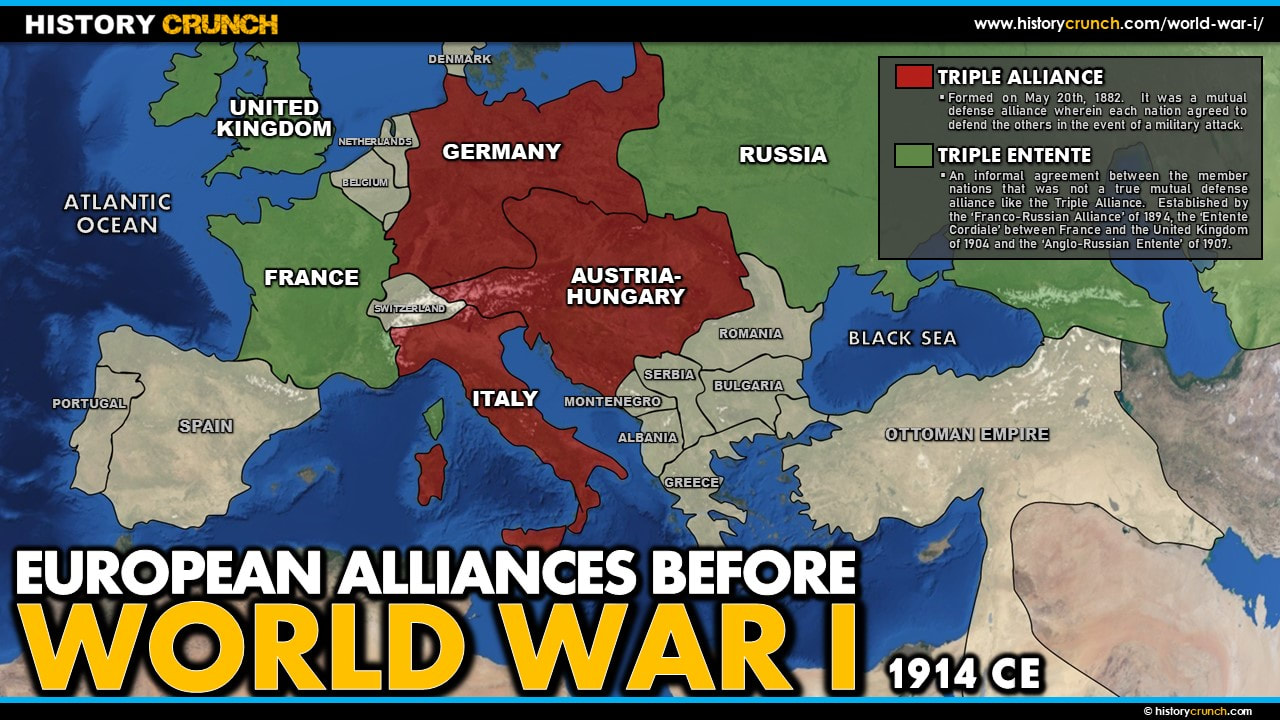
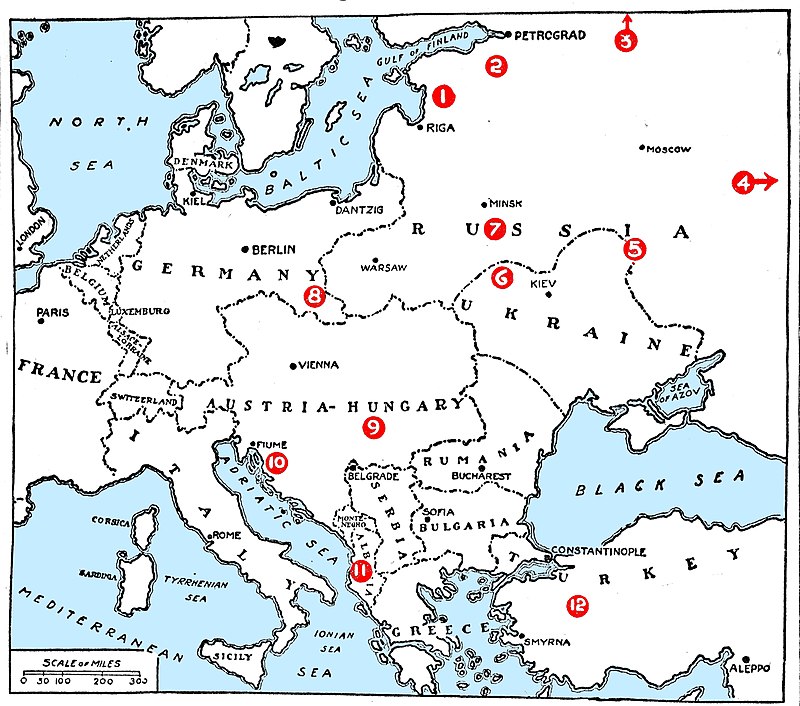





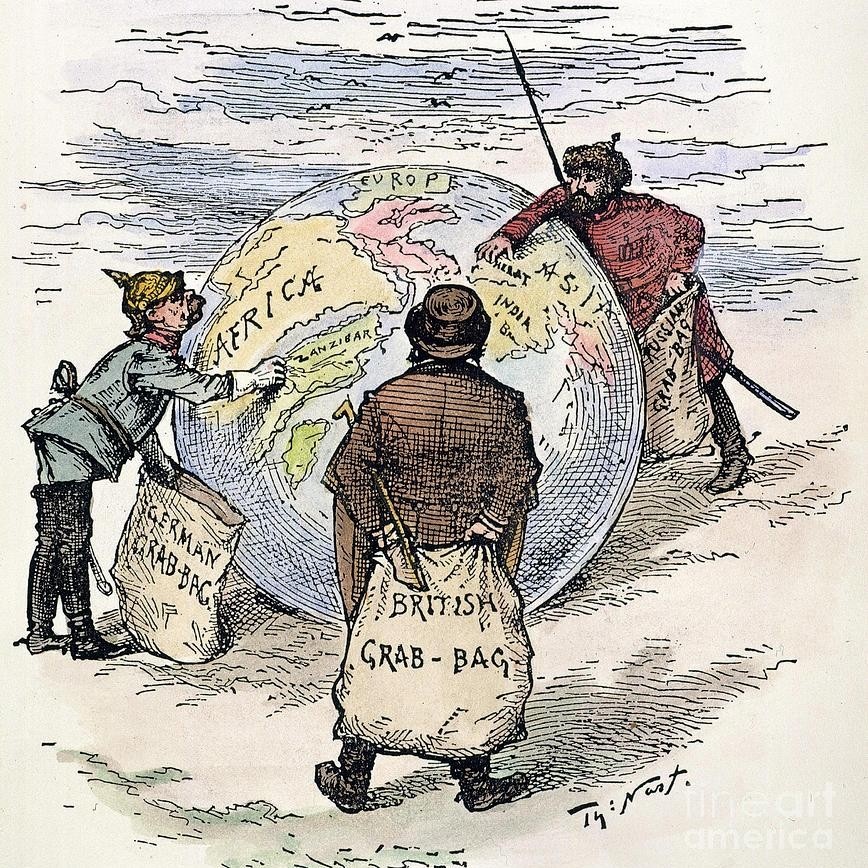
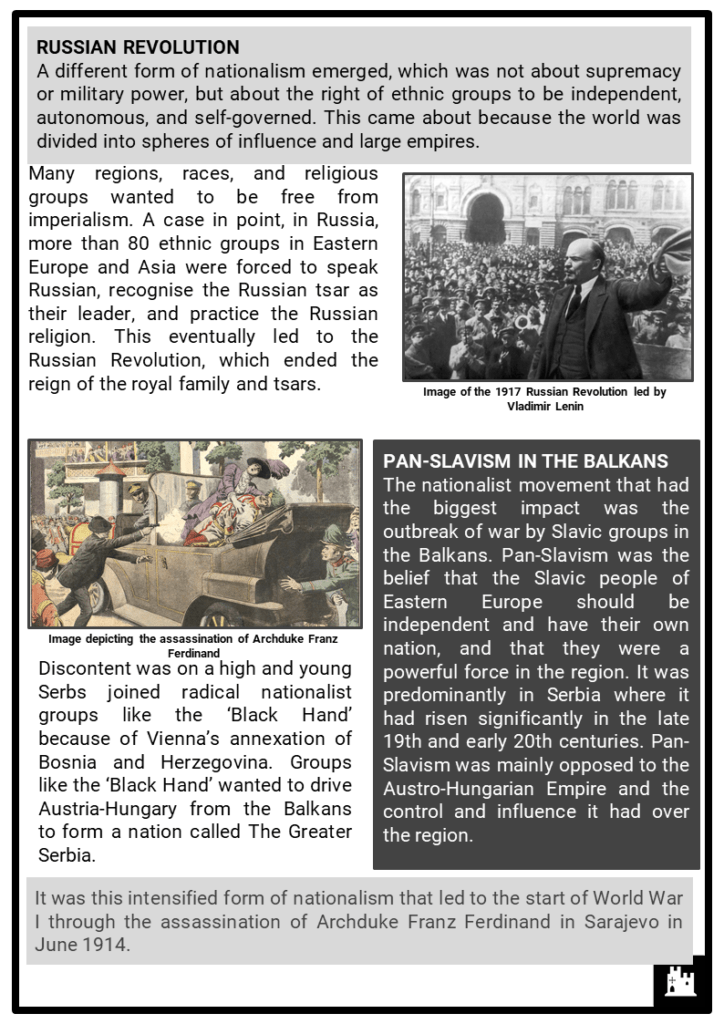

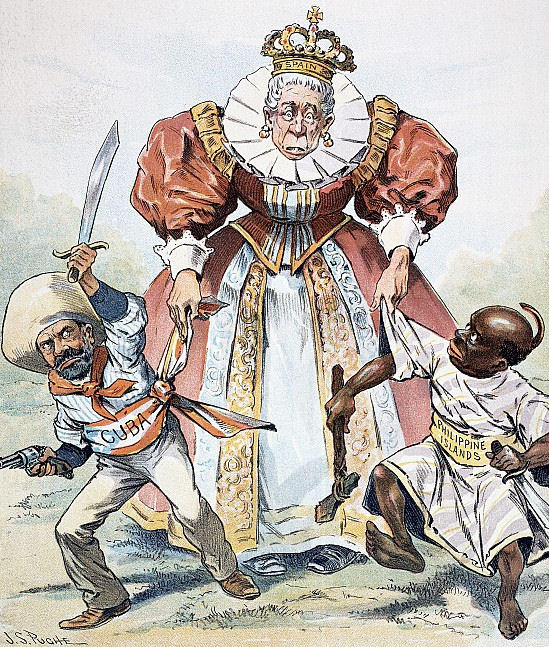
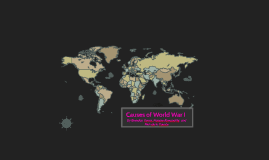

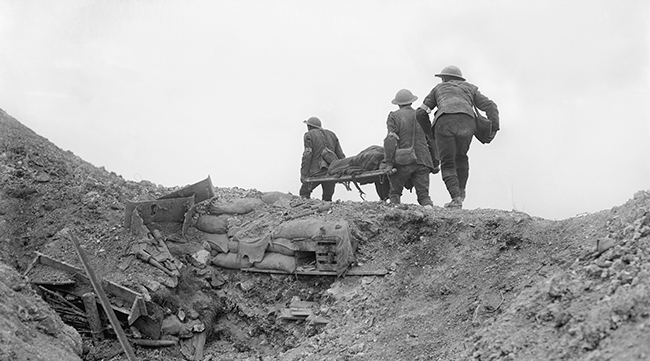
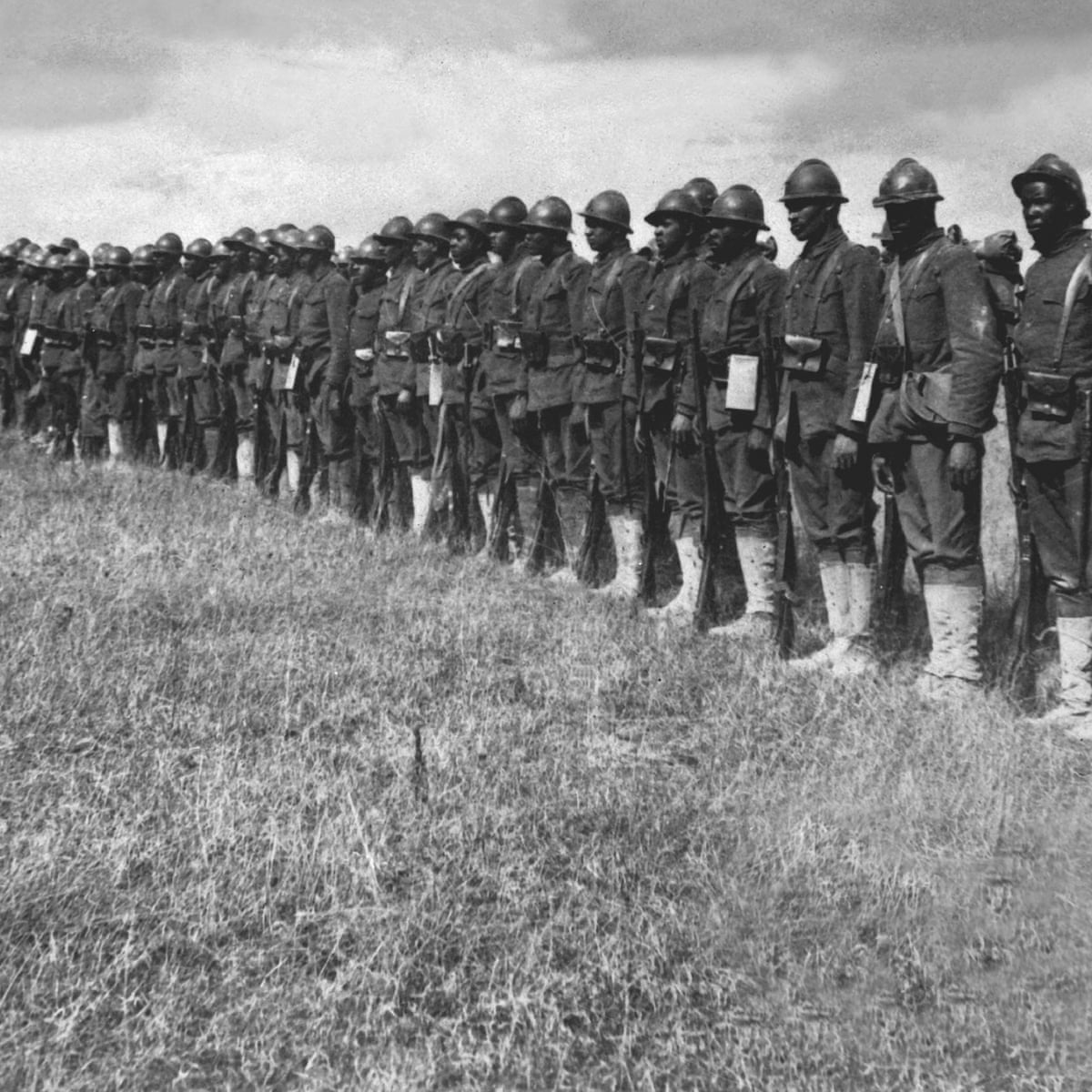



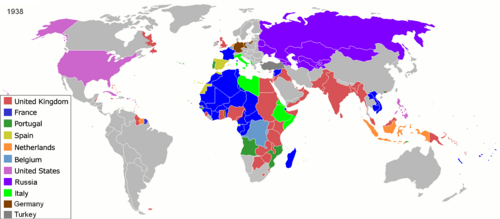
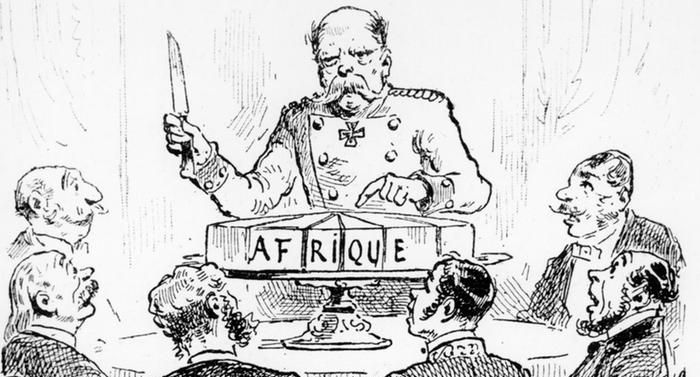
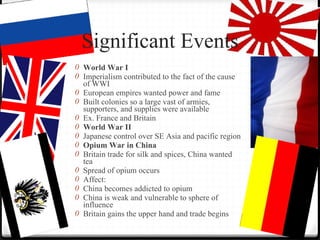
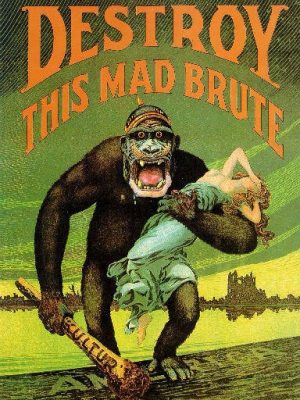
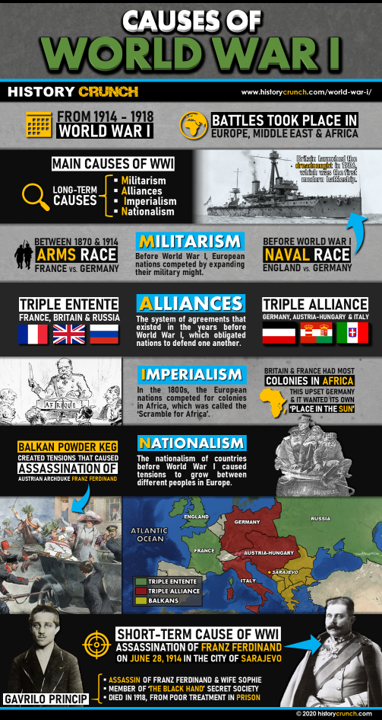

:max_bytes(150000):strip_icc()/105515-causes-that-led-to-world-war-i-5b46567e46e0fb0037cca31b.png)
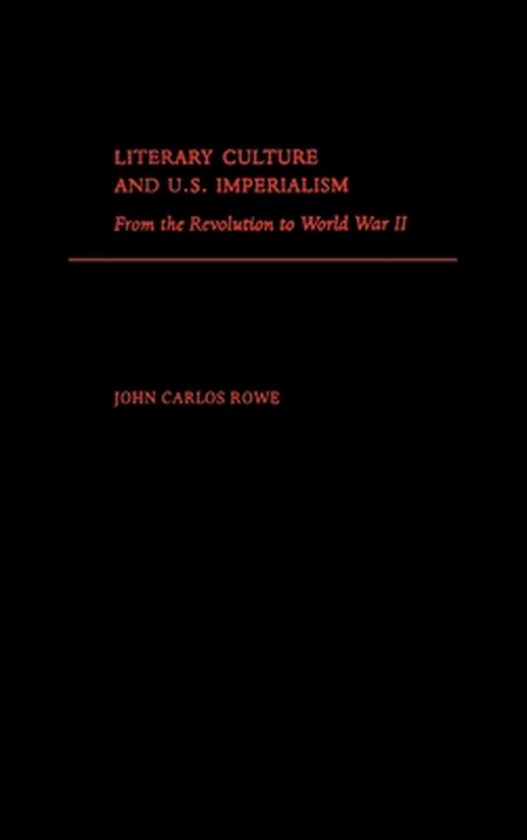
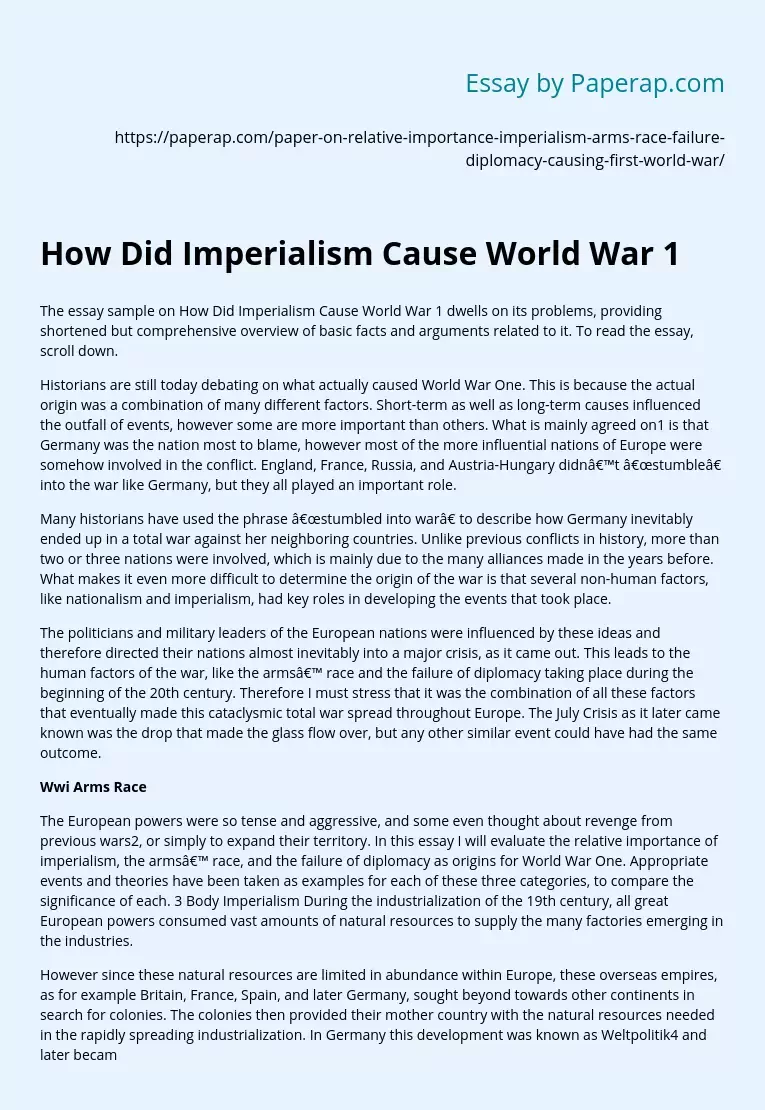


:max_bytes(150000):strip_icc()/World-War-1-58e3db0a5f9b58ef7e08d3c1.jpg)

0 Response to "41 how did imperialism contribute to the start of world war i"
Post a Comment